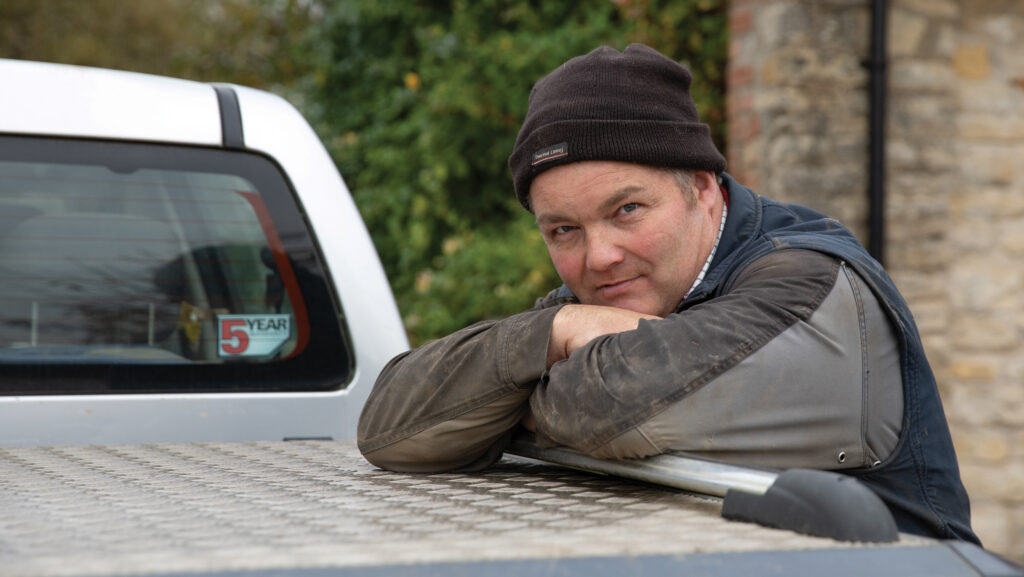Farmer Focus: Drainage board decisions are grossly unfair
 Andrew Wilson © Angela Waites Photography
Andrew Wilson © Angela Waites Photography A few years ago, when our local drainage board was amalgamated “for efficiency”, they decided they had too many ditches on their books, so simply crossed a few off their to-do list, permanently.
One such ditch runs through half of this farm, so despite now paying 40% more in rates than five years ago, we’ve had to bite the bullet and clean it out ourselves.
This is double the pain and, in my book, grossly unfair. The issue is exacerbated by said ditch terminating into an Environment Agency-controlled beck that they don’t seem to think ever needs maintenance either.
See also: Farmer Focus: Taking land out of production for solar is lunacy
These public organisations need to become responsible and accountable for the duties they are supposed to perform, and for the incredible amount of money wasted through inefficiency and short-sightedness.
As somebody pointed out, there used to be three people in the office and 10 on the ground – now it’s the other way round.
We clean our own ditches as necessary, and when we do, it is usually a good time to follow round with the jetter and check things are clear.
We have a kiln on the farm that was used predominantly for firing drainage tiles – no prizes for guessing where the rejects went.
Most of our systems are of herringbone design and between 50-70 years old, so are quite laborious to maintain and in some cases in need of replacement – little and often is key.
On top of my usual winter analysis and projections for the year, the most recent entertainment has included washing potatoes in -5C and unsuccessfully trying to encourage a rather large flock of Canada geese to kindly leave my wheat alone.
They seem to insist on munching the sugar beet residue on the surface of the field (a penalty of strip-till if there ever was one).
Fortunately, they’ve just given it a fairly serious growth regulating and not pulled it up by the roots like the crows have in the wheat bean bicrop, but more on that another time.
The days are getting lighter, and spring will soon be here, so let’s be on.


